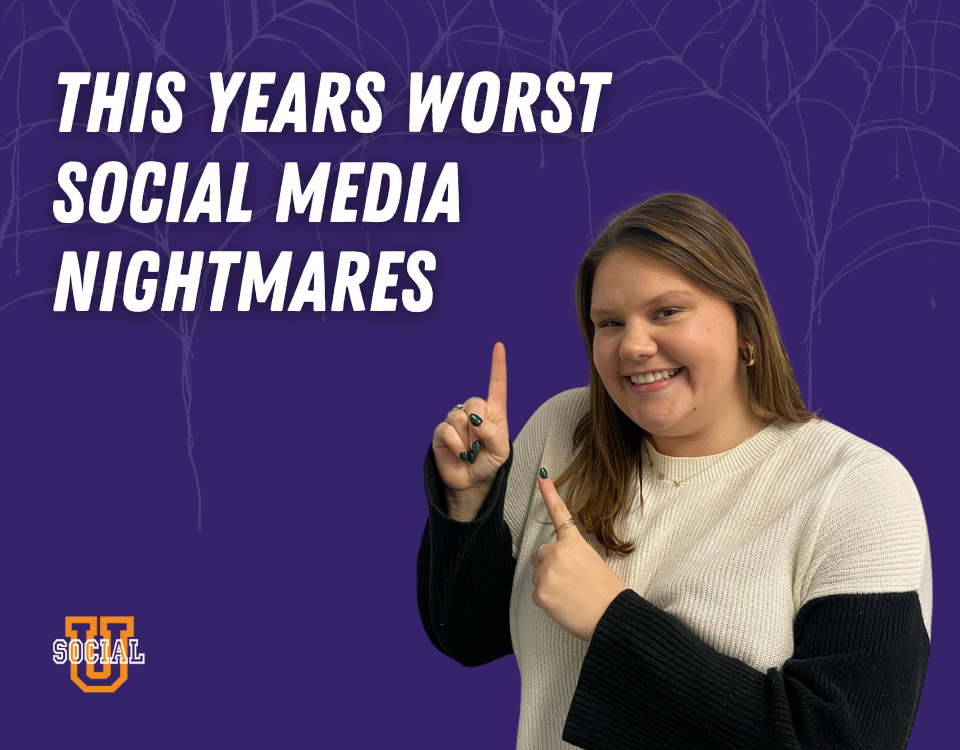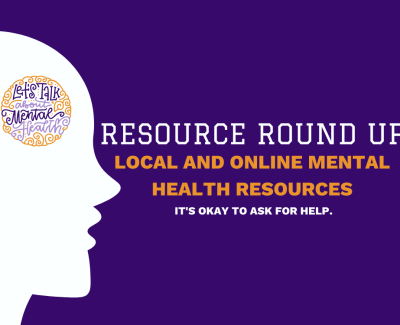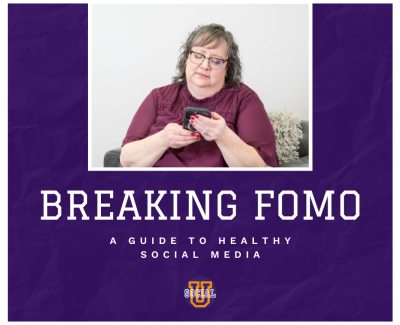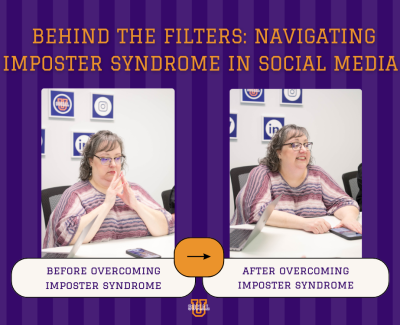
In this digital age, social media has become an integral part of both our personal lives and businesses. It’s a powerful tool for reaching a global audience, building a brand, and engaging with customers. However, it’s a double-edged sword – while it can help your business flourish, it can also lead to catastrophic failures and public backlash. In this blog post, we’ll explore the worst social media nightmares, both in terms of personal habits and business blunders. We’ll also discuss some real-life examples and individuals who faced public cancellations in 2023.
Personal Habits That Are Social Media Nightmares
1. Failing to Engage
The essence of social media is being social. If you invest time in creating compelling content, scheduling posts, and then ignore your audience’s comments and messages, you’re undermining your efforts. Engaging with your audience is key to building relationships, gaining trust, and fostering brand loyalty.
Responding to comments, whether with a thoughtful reply or even just a simple “thank you” or a heart emoji, can go a long way. Even if you have a massive following, making an effort to acknowledge your audience demonstrates that you value their interaction.
2. Reposting the Same Content Across Platforms
While cross-posting can save time, posting the same content simultaneously on all your social media platforms is a major no-no. Different platforms have unique features, demographics, and preferences. For instance, using hashtags works well on Instagram but might annoy Facebook users.
If you want to share the same content on multiple platforms, tailor it to suit each one. Change captions, add or omit hashtags, or post them on different days or times to keep your audience engaged and avoid looking lazy.
3. Ignoring Customer Feedback

Feedback is a valuable source of information that can help you improve your products or services. If multiple customers provide feedback about the same issue, it’s a clear sign that you need to address it. Whether the feedback is positive or negative, responding to it shows that you care about your customers’ experiences.
Remember, responding to negative reviews and resolving issues can also help turn unhappy customers into satisfied ones, ultimately benefiting your business.
4. Trying to Appeal to Everyone
In the quest to grow your audience, you might be tempted to try to appeal to everyone. However, this strategy can dilute your brand and make your marketing efforts less effective. To succeed in the digital world, you need to identify your target audience, the people most likely to use your product or service. Trying to cater to everyone often results in generic, ineffective marketing.
By focusing on your niche audience, you can tailor your content to their preferences and needs, which will likely yield better results.
5. Having No Strategy
Social media without a strategy is like setting off on a road trip without a destination in mind. You need a plan to guide your efforts effectively. Start by identifying your target audience, understanding their needs, and choosing the platforms they use. Craft a content calendar, set goals, and analyze your analytics regularly.
A strategy ensures that your social media efforts align with your business objectives and helps you measure what’s working and what needs adjustment.
Real-Life Social Media Nightmares

Now that we’ve discussed the common personal habits to avoid, let’s delve into some real-life social media nightmares that serve as cautionary tales.
1. Draper James Dress Giveaway: Over-promising and Under delivering
Draper James, a clothing brand founded by Reese Witherspoon, promised to give a dress to every teacher but failed to list limitations. Over a million people registered for the giveaway, but they only had 250 dresses to offer. This blunder exposed the importance of setting clear rules and expectations for social media promotions.
The lesson: When conducting giveaways or contests, be transparent and set clear guidelines to avoid disappointing your audience.
2. Burger King’s International Women’s Day Tweet: An Offensive Tweet
On International Women’s Day, Burger King tweeted, “Women belong in the kitchen.” While the brand intended to promote a scholarship for female chefs, the initial tweet caused outrage. It’s a stark reminder that crafting sensitive and thoughtful messages is crucial.
The lesson: Avoid using offensive or insensitive content, and think about how your messages may be perceived.
3. The “Kia Challenge” on TikTok: Encouraging Illegal Activities
The “Kia Challenge” on TikTok encouraged users to steal Kia and Hyundai vehicles and post joyrides on social media. This viral challenge led to increased car theft rates and forced Kia and Hyundai to settle a $200 million class-action lawsuit.
The lesson: As a brand, be aware of viral challenges and their potential consequences. Ensure your social media efforts align with legal and ethical standards.
People Who Were Canceled in 2023

Cancellations are becoming increasingly common on social media, and 2023 was no exception. Let’s look at a few notable individuals who faced backlash:
- Scott Adams: The creator of Dilbert faced backlash for going on a pro-segregation rant on his podcast.
- Andrew Tate: A men’s rights activist and influencer who made misogynistic comments was arrested on human trafficking and rape charges.
- Ned Fulmer (The Try Guys): Ned’s affair with an employee led to his firing and a loss of trust from fans.
- Jonah Hill: Jonah Hill’s texts outlining stringent relationship boundaries resurfaced, leading to criticism for his controlling behavior.
- Oprah Winfrey and Dwayne “The Rock” Johnson: Their efforts to raise funds for wildfire relief in Maui were met with skepticism, as people questioned their motivations.
- Emily Blunt: Old clips resurfaced where she made derogatory remarks about people in the United States being overweight, causing a social media uproar.
Key Things to Remember
These cautionary tales offer valuable lessons for businesses and individuals on social media:
- Use common sense when posting and consider how your content will be received by your audience.
- Seek input from others before sharing potentially controversial content.
- Never exploit tragedies or sensitive topics for personal gain.
- Be a kind and respectful person both online and offline.
Avoid Social Media Nightmares!
Social media can be a double-edged sword, offering opportunities for growth but also posing significant risks. By avoiding common pitfalls and learning from the failures and cancellations of others, you can build a strong and reputable online presence for your brand or personal image. Remember to engage with your audience, create a clear strategy, and always be mindful of the impact of your words and actions on social media.



0 Comments